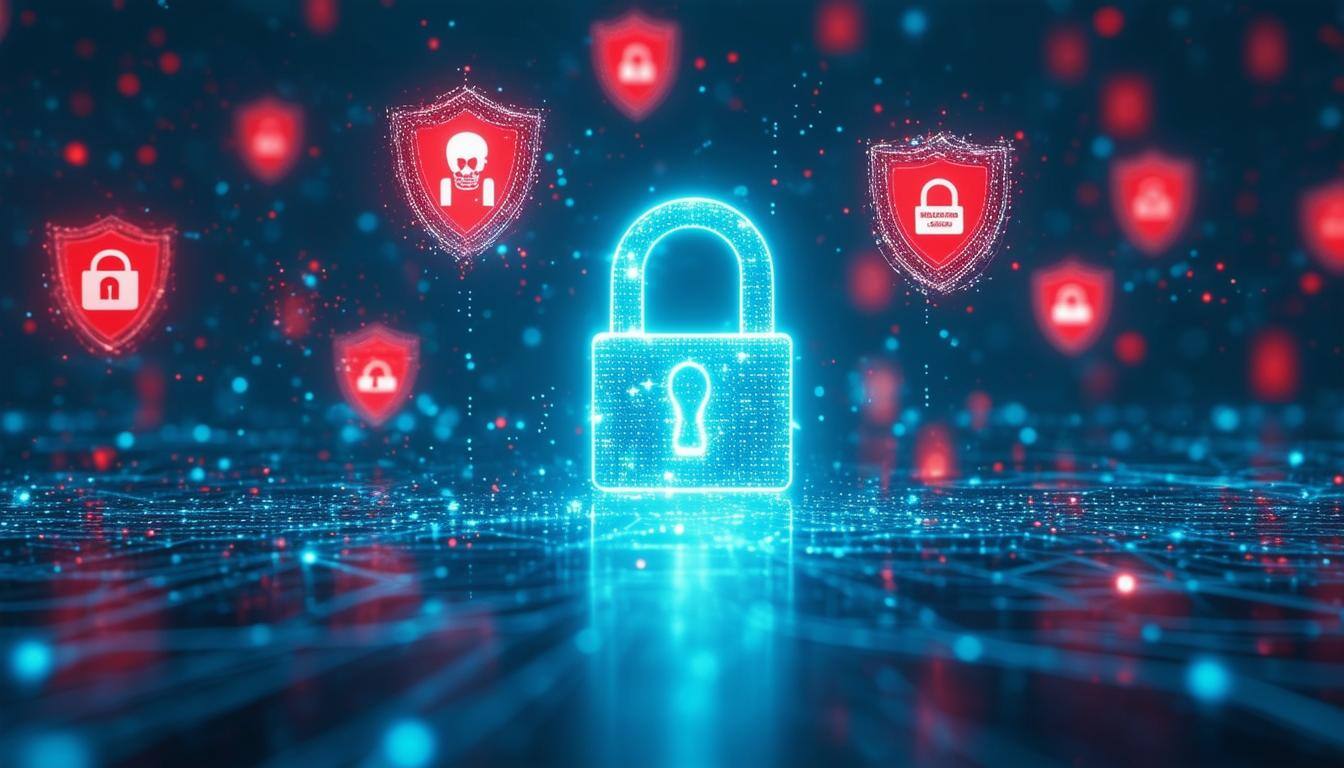By: Karrie Westmoreland
In the cybersecurity landscape, the Domain Name System (DNS) serves as the backbone of internet connectivity. It translates human-readable domain names into machine-readable IP addresses, enabling everything from website access to email delivery. However, this critical system is also a prime target for attackers, and without proper protections, it can leave your organization exposed to threats like cache poisoning and man-in-the-middle attacks.
Enter DNS Security Extensions (DNSSEC), a powerful yet underutilized security feature designed to safeguard DNS integrity. DNSSEC adds cryptographic signatures to DNS records, ensuring that responses come from the authoritative source and haven’t been tampered with during transmission.
Yet, despite its importance, not all DNS providers offer DNSSEC as part of their services. This gap can be attributed to the complexities of DNSSEC implementation, such as the need for ongoing key management and potential concerns about latency or compatibility. However, these challenges pale in comparison to the risks of an unsecured DNS infrastructure.
What Can Go Wrong Without DNSSEC?
Imagine a scenario where an attacker exploits the lack of DNSSEC on your domain. Through a method like cache poisoning, they inject malicious data into your DNS resolver's cache. The next time someone tries to visit your website, they are redirected to a phishing site designed to look like your legitimate page.
From there, the attacker can collect sensitive information such as login credentials, financial data, or even personal details from unsuspecting users. This not only compromises your users’ trust but also damages your organization’s reputation and could result in significant financial and legal consequences.
Why DNSSEC Matters
Prevention of DNS Spoofing and Cache Poisoning: DNSSEC ensures users are not redirected to malicious websites masquerading as legitimate ones.
Integrity Assurance: By validating DNS responses, DNSSEC protects the integrity of your digital environment, reducing the risk of data breaches and phishing attacks.
Enhanced Trust: DNSSEC adoption signals a commitment to cybersecurity best practices, which can enhance customer and partner confidence.
How to Protect Your Environment
Evaluate Your DNS Provider: Ensure they support DNSSEC and offer guidance for proper implementation.
Monitor and Manage DNSSEC Keys: If you are managing your DNS in-house, prioritize regular key rollovers and auditing.
Educate Stakeholders: Make sure decision-makers understand the importance of DNSSEC in your broader security strategy.
DNSSEC is not just a technical upgrade—it is a vital step in securing the foundation of your digital operations. If your provider does not offer it, it is time to start a conversation about why. Your cybersecurity posture is only as strong as the weakest link, and in today’s threat landscape, unsecured DNS should not be that link.
Let us make DNS security a priority—because protecting your environment starts with protecting the systems that connect it to the world. To learn more, call us at 1-833-4-HAXORS or contact us here.
Subscribe To Our Newsletter
Get updates and learn from the best
More To Explore


